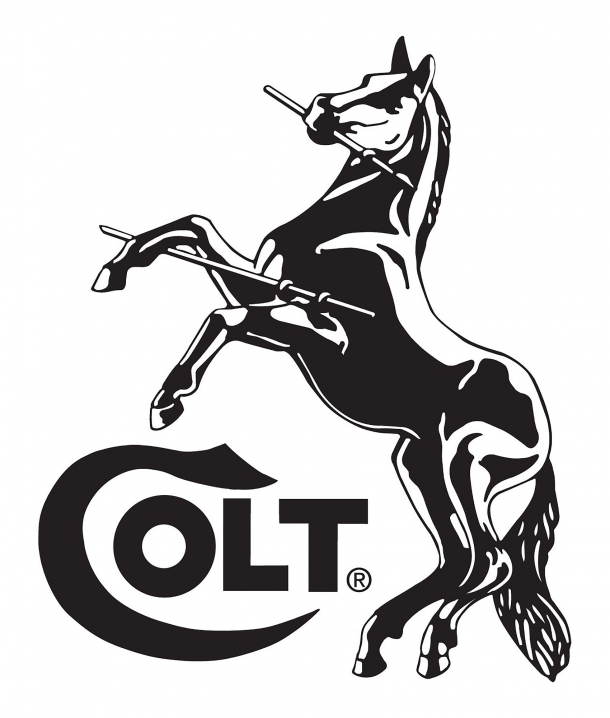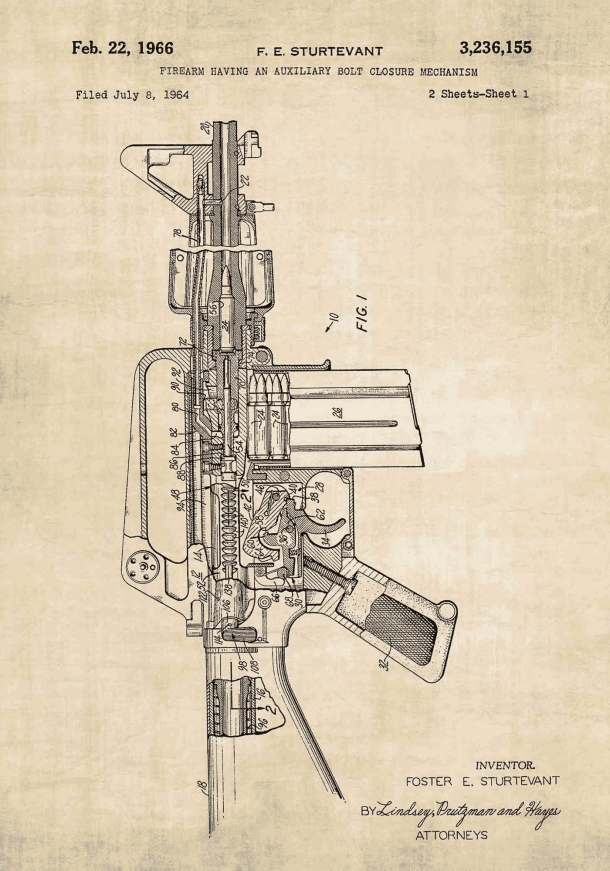Colt halts production of rifles for the civilian market... why?
Few days ago, several U.S. sources broke news about Colt halting production of rifles and carbines, most notably AR-15 derivatives, for civilian market sales. Is it even true, and why would the Company do that?

On September 11th 2019, the American gun owners community was rocked by a message posted on the well-known forum AR15.com by a user named simply "undefined" who posted the screenshot of an E-Mail sent by RSR Group, Inc., one of America's biggest distributors of firearms, ammunition and accessories for the civilian market.
According to the E-Mail, RSR Group had been notified on September 10th that Colt Manufacturing – the world's most legendary name in the field of firearms, full stop! – would be halting production of all long guns for civilian sales, both national and international, in order to "focus on regaining military contracts".
A kind of dismay followed the revelation, along with a creeping doubt as of why would Colt take such a decision after having gone in and out of bankruptcy multiple times during the past years.
Many speculated that Colt had buckled to the mounting, organized pressure of the anti-gun group against the industry and the gun owners community. Aiming at taking modern sporting rifles – most notably Colt's flagship AR-15 – out of the market, anti-gun lobbies are pressuring banks, credit card companies and other commercial entities to stop doing business with the firearms industry and NRA&utm_content=2199f&utm_term=Colt" target="_blank" rel="nofollow">even with the NRA.

In one case at least, said pressure could have been successful: following the Christchurch shooting of March 2019, the Australian Lithgow Arms company announced that the plans to bring to the market the Atrax semi-automatic rifle – a civilian-grade version of their F90 bull-pup assault rifle system – were being dropped "on ethical grounds".
In Colt's specific case, however, there may be a whole different array of reasons – at least if one is to believe Paul Spitale, Senior Vice President for Colt's commercial business sales, who was interviewed on September 11th by Dan Zimmerman for The Truth About Guns.
In his interview to TTAG, Spitale announced that the decision was taken to focus on the production of 1911 pistols and Colt's recently reintroduced line of double-action revolvers rather than on military contracts, and that the company has enough stock to meet the demand for about 110 days.
Colt's decision could thus not be a definitive "farewell to arms" to civilian AR-15 sales, but a temporary suspension due to the need of getting rid of unsold stocks.
As a matter of fact, Colt has held a quasi-monopoly on civilian-grade AR-15 and military-grade M16 rifles and carbines for decades, but things changed completely in the past twenty-five years.
The demand for modern sporting rifles is at an all-time high both in the US and internationally, but so is their manufacture, and now the market counts hundreds of players, in the United States and Europe as well as elsewhere, that can often challenge Colt's quality and price tags head-on and ended up eating out most of Colt's market share in this specific field.
Colt's issues are of a deeply structural nature: the competition is vast and strong, and yet the Company is still clinging on manufacturing techniques and procedures as well as marketing tactics that will not allow Colt products to match the price-to-quality ratio offered by other manufacturers.
We definitely feel like giving Colt – and the industry as a whole – a wholehearted suggestion: creating the feel of an imminent lack of products on the market is not going to drive sales up and regain any market share. The industry needs, and desperately so, to invest heavily in technical innovations, new products, and modern communication strategies.
History is full of big, legendary names pushed into oblivion by a sequence of wrong decisions: Colt doesn't need to go that way.
Colt replies to the news shared by various publications around the World
Company Response to Questions about Colt Participation in Consumer Markets
WEST HARTFORD, Conn. (September 19th, 2019) – There have been numerous articles recently published about Colt’s participation in the commercial rifle market. Some of these articles have incorrectly stated or implied that Colt is not committed to the consumer market. We want to assure you that Colt is committed to the Second Amendment, highly values its customers and continues to manufacture the world’s finest quality firearms for the consumer market.
The fact of the matter is that over the last few years, the market for modern sporting rifles has experienced significant excess manufacturing capacity. Given this level of manufacturing capacity, we believe there is adequate supply for modern sporting rifles for the foreseeable future.
On the other hand, our warfighters and law enforcement personnel continue to demand Colt rifles and we are fortunate enough to have been awarded significant military and law enforcement contracts. Currently, these high-volume contracts are absorbing all of Colt’s manufacturing capacity for rifles. Colt’s commitment to the consumer markets, however, is unwavering. We continue to expand our network of dealers across the country and to supply them with expanding lines of the finest quality 1911s and revolvers.
At the end of the day, we believe it is good sense to follow consumer demand and to adjust as market dynamics change. Colt has been a stout supporter of the Second Amendment for over 180 years, remains so, and will continue to provide its customers with the finest quality firearms in the world.
Very respectfully,
Dennis Veilleux
President and Chief Executive Officer


